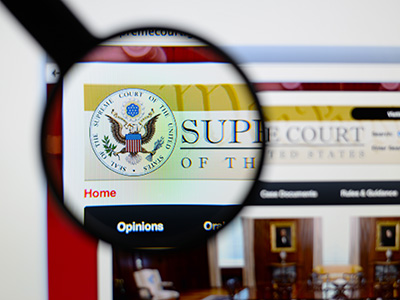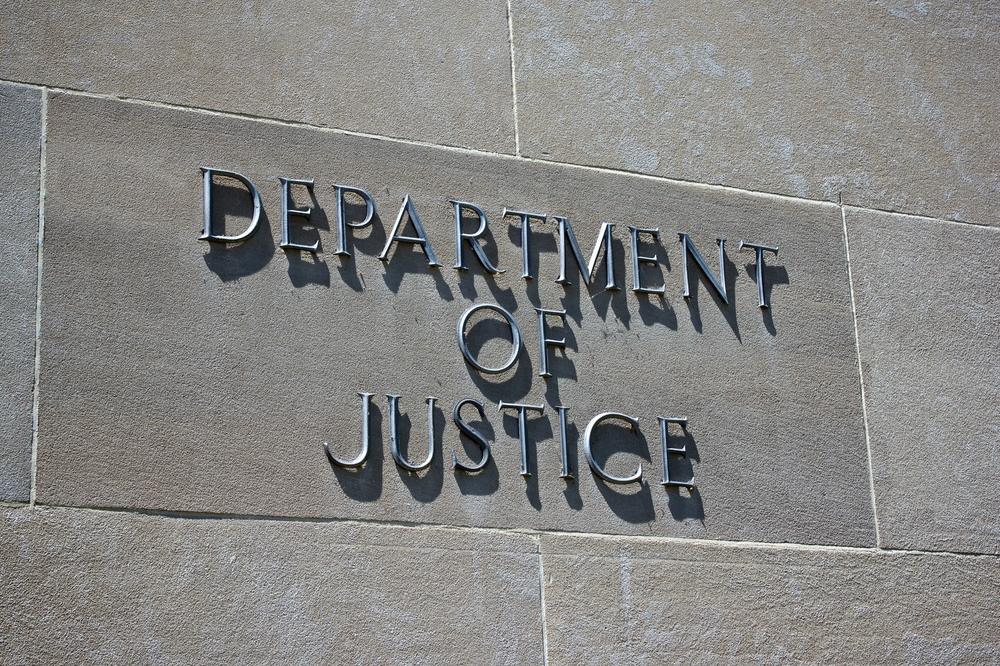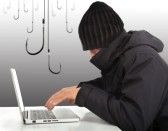Much attention, including here at Trade Secrets Watch, has been focused in recent weeks on the Defend Trade Secret Act (“DTSA”), which overwhelmingly passed both houses of Congress in April and was signed into law by President Obama on May 11th. The DTSA gives companies new tools for combatting alleged trade secret theft, including a direct path to federal court via the addition of a private right of action to the Economic Espionage Act (EEA) and the ability to apply for ex parte seizure orders to prevent propagation or dissemination of stolen trade secrets. READ MORE
Amendment to Federal Criminal Procedural Rule Could Impact Trade Secret Cases











